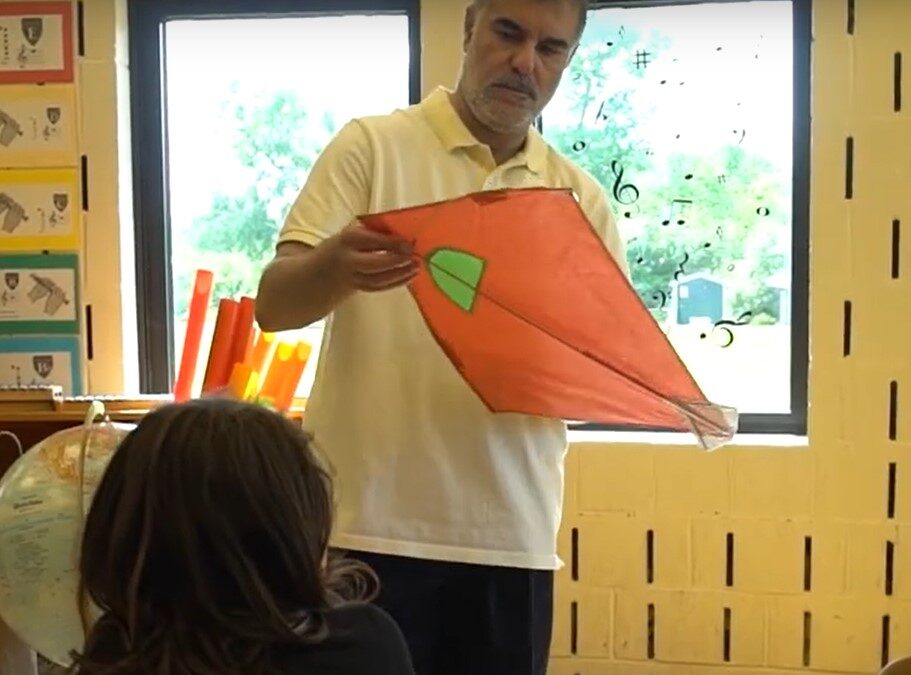Meet Ahmad Shah Wali Flying a kite is one of the most exhilarating experiences a child or an adult can have. A sense of pride, joy, and accomplishment washes over them as their eyes watch this object that they built fly into the sky. Flying kites helps family...

